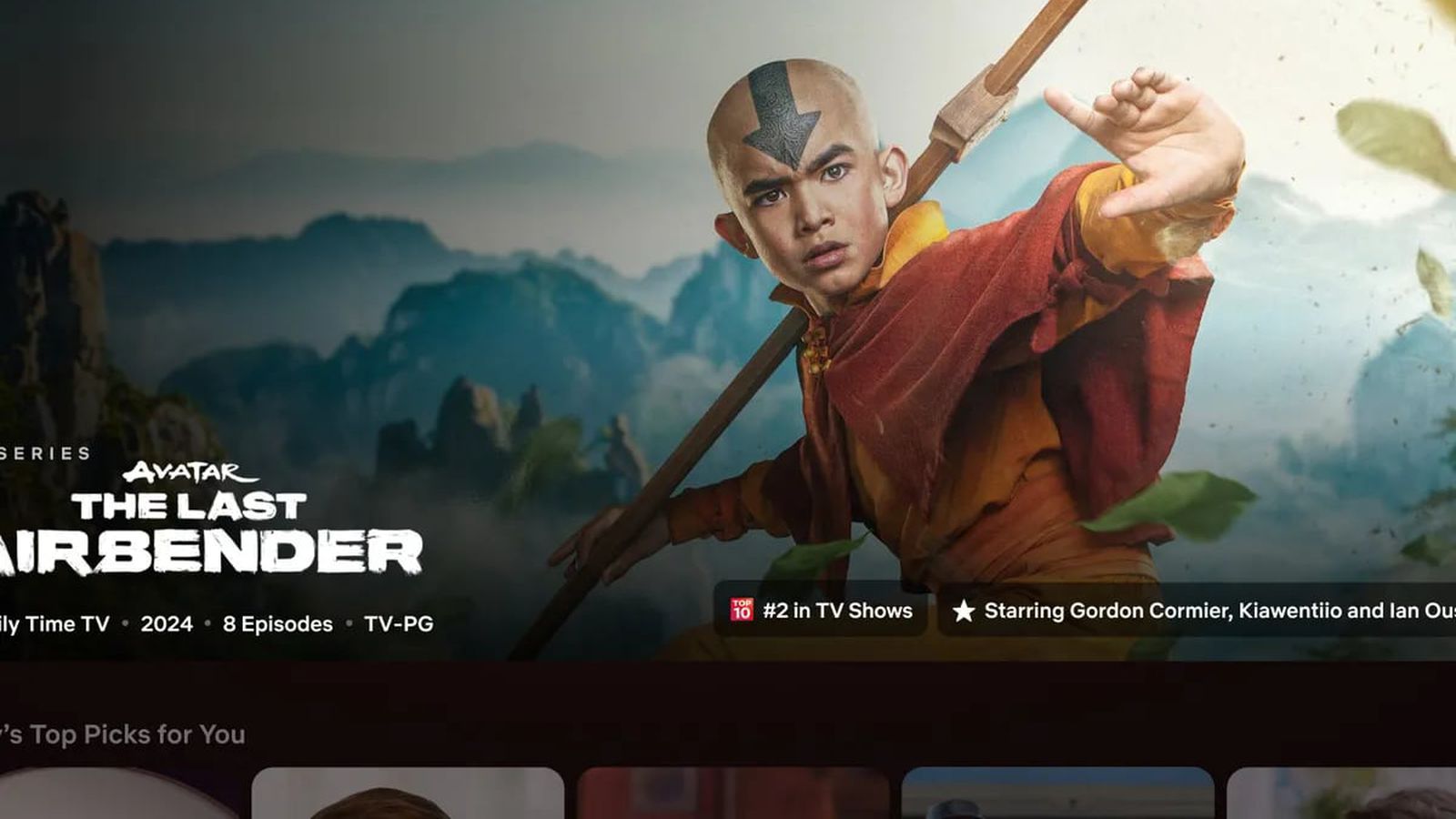Meta unveiled its first AI-driven ad targeting program for businesses on WhatsApp on Thursday at a conference in Brazil to profit from the popular messaging service
CEO Mark Zuckerberg announced the new tools in a video displayed at the event.

WhatsApp, an encrypted messaging service that has long eschewed the kinds of targeted advertising tools that underpin Meta’s other apps, such as Facebook and Instagram, and heavily touts its privacy credentials, has shifted due to the announcement.
The social media titan has been integrating commerce and payment features into the app for several years.
This includes “business messaging” tools companies can use to send marketing materials to individuals who have provided their phone numbers and conduct customer service chats.
In the past, those tools were crude instruments employed to send messages to all users selected to receive the company’s outreach.
The new AI tools will target the messages to the customers who are most likely to be receptive to them by analyzing their behavior on Facebook and Instagram, provided that the customers use the same opted-in phone number across all accounts.
Guilherme Horn, WhatsApp’s head of strategic markets, stated to Reuters that these AI tools would enable businesses to optimize the dissemination of advertisements to users who are most likely to engage. “This is very important for business because they pay for those messages.”

Meta has been increasing its efforts to generate revenue from WhatsApp, its most popular application for daily users. Despite the service’s widespread popularity and staggering $22 billion acquisition price in 2014, it has only made a small contribution to Meta’s total revenue.
Meta also debuted a new AI chatbot at the conference that can directly respond to business inquiries via conversation.
This was an initial test of Zuckerberg’s objective to persuade businesses to outsource their communications to automated tools.
Like current AI-powered customer service platforms, the chatbot will assist users with common inquiries, such as locating catalogs or consulting business hours.
It also disclosed that it will incorporate Brazil’s instantaneous digital payment method, PIX, previously perceived as a potential competitor, into its WhatsApp payment tool.
PIX, which the central bank developed, comprises approximately 39% of the transactions conducted in Brazil last year. It provides comparable services to WhatsApp’s payment tool, including transferring funds between individuals and purchasing goods from businesses.
In India, WhatsApp also initiated payment services from competitors last year.



